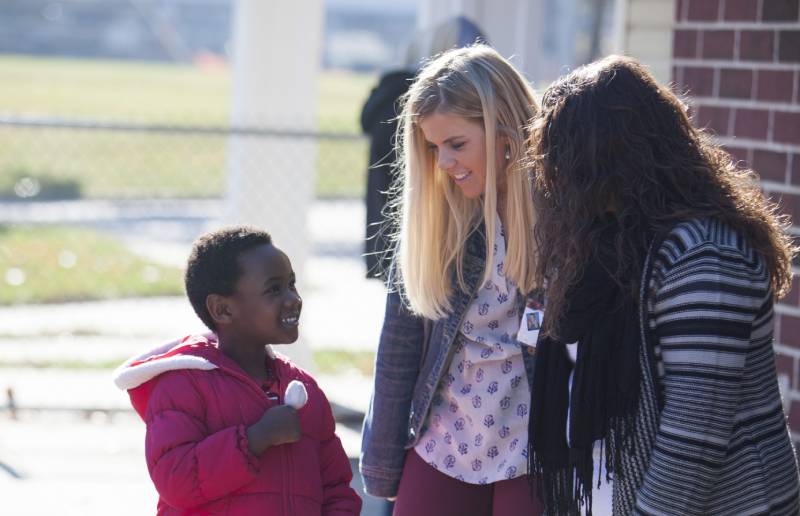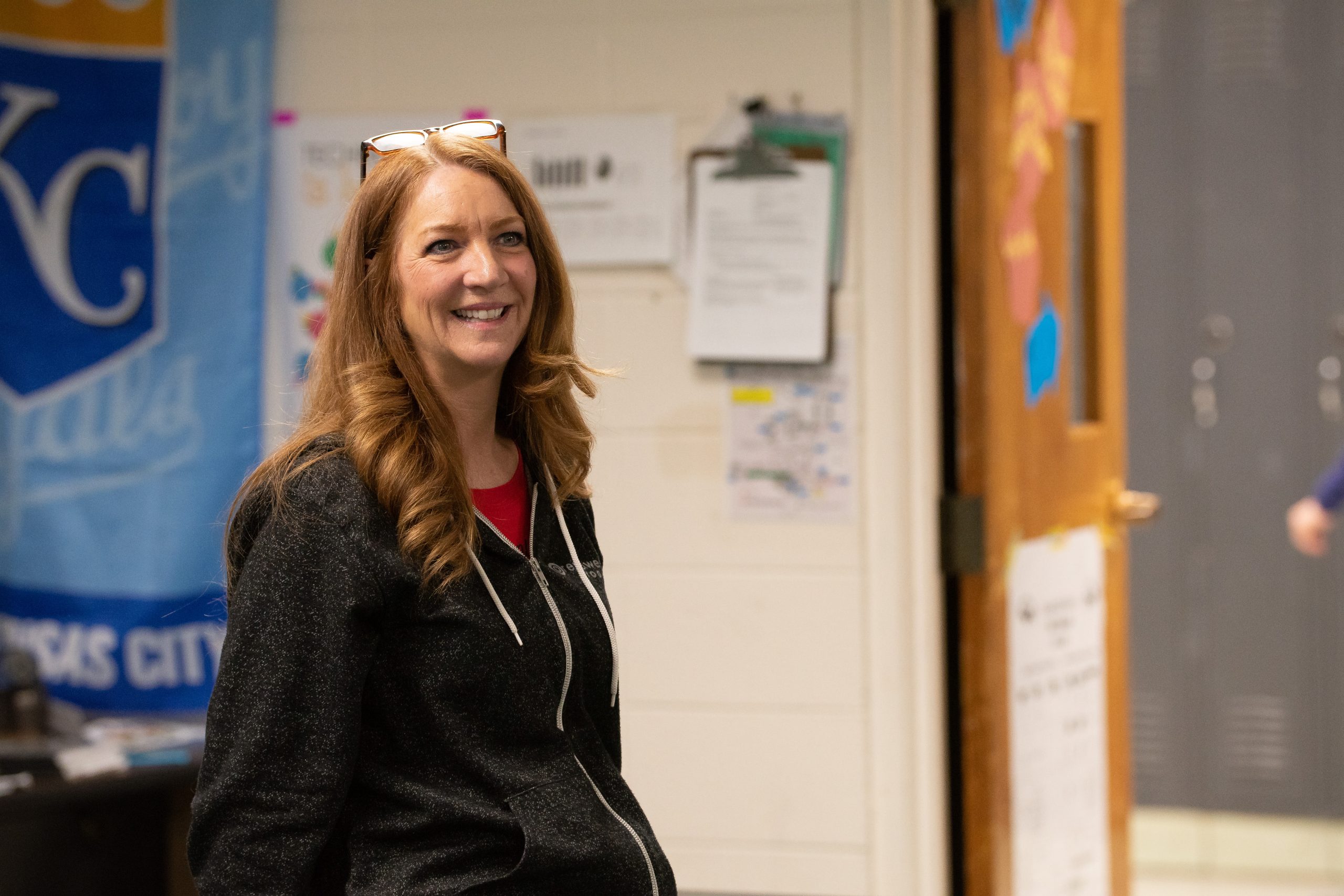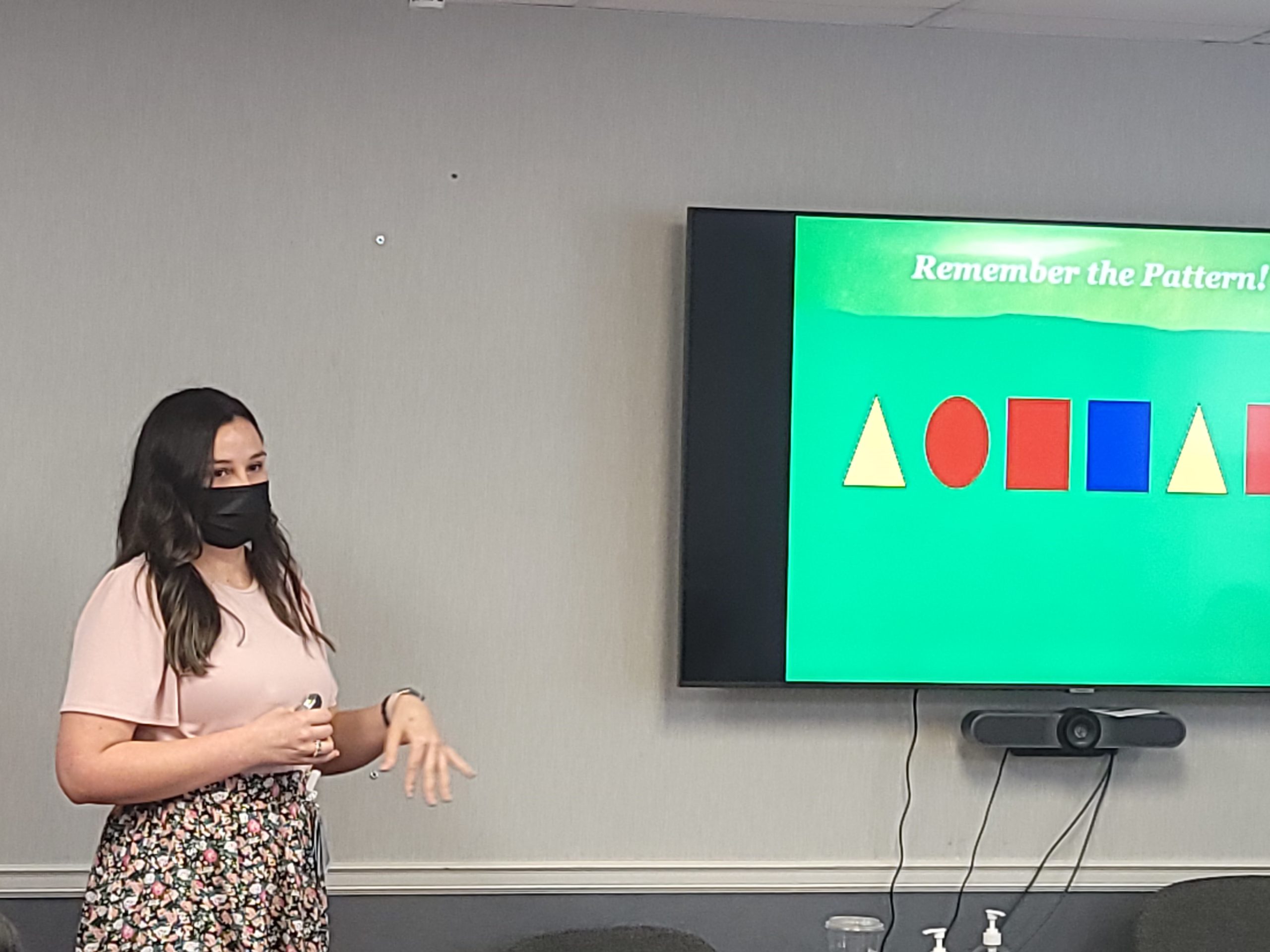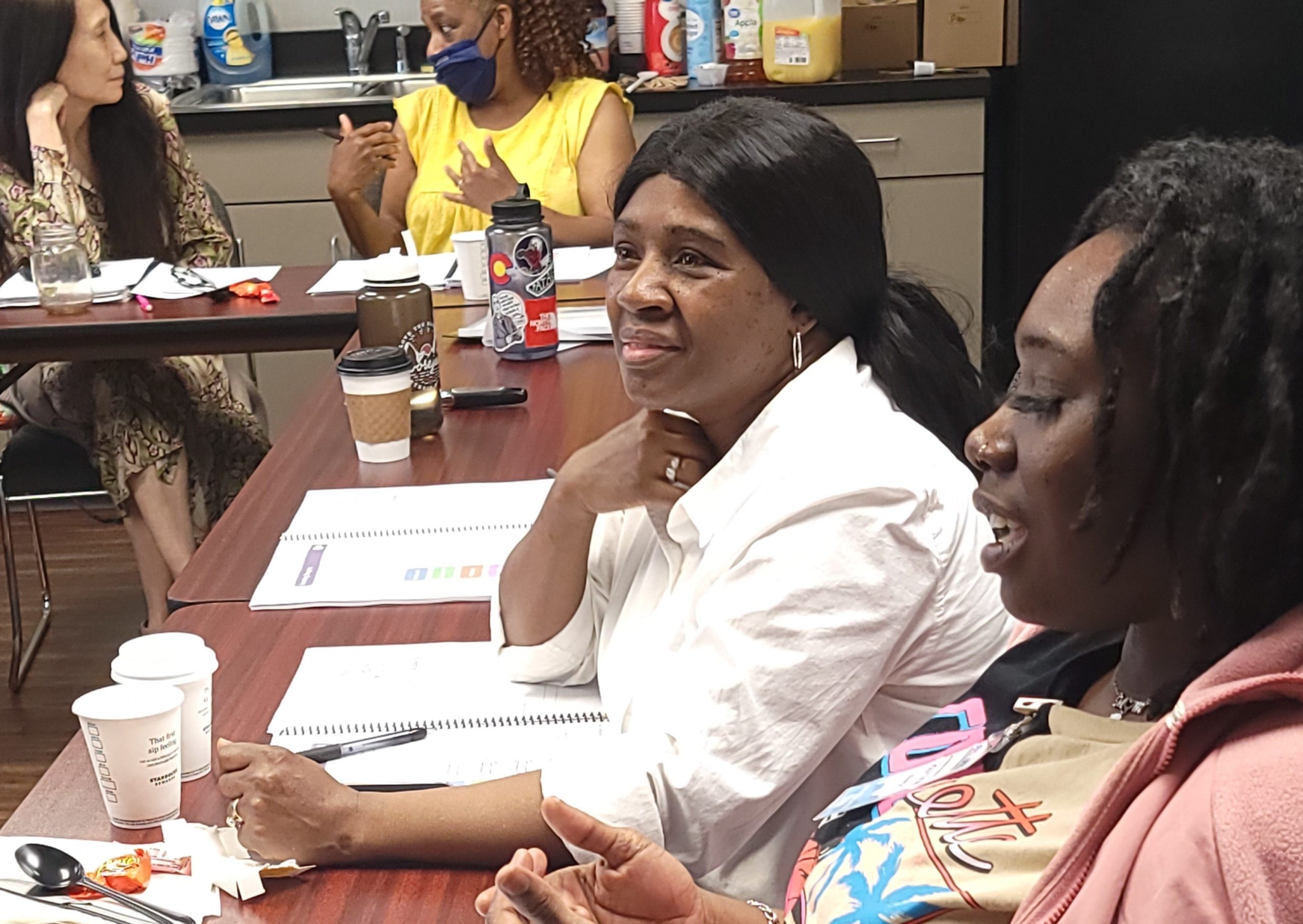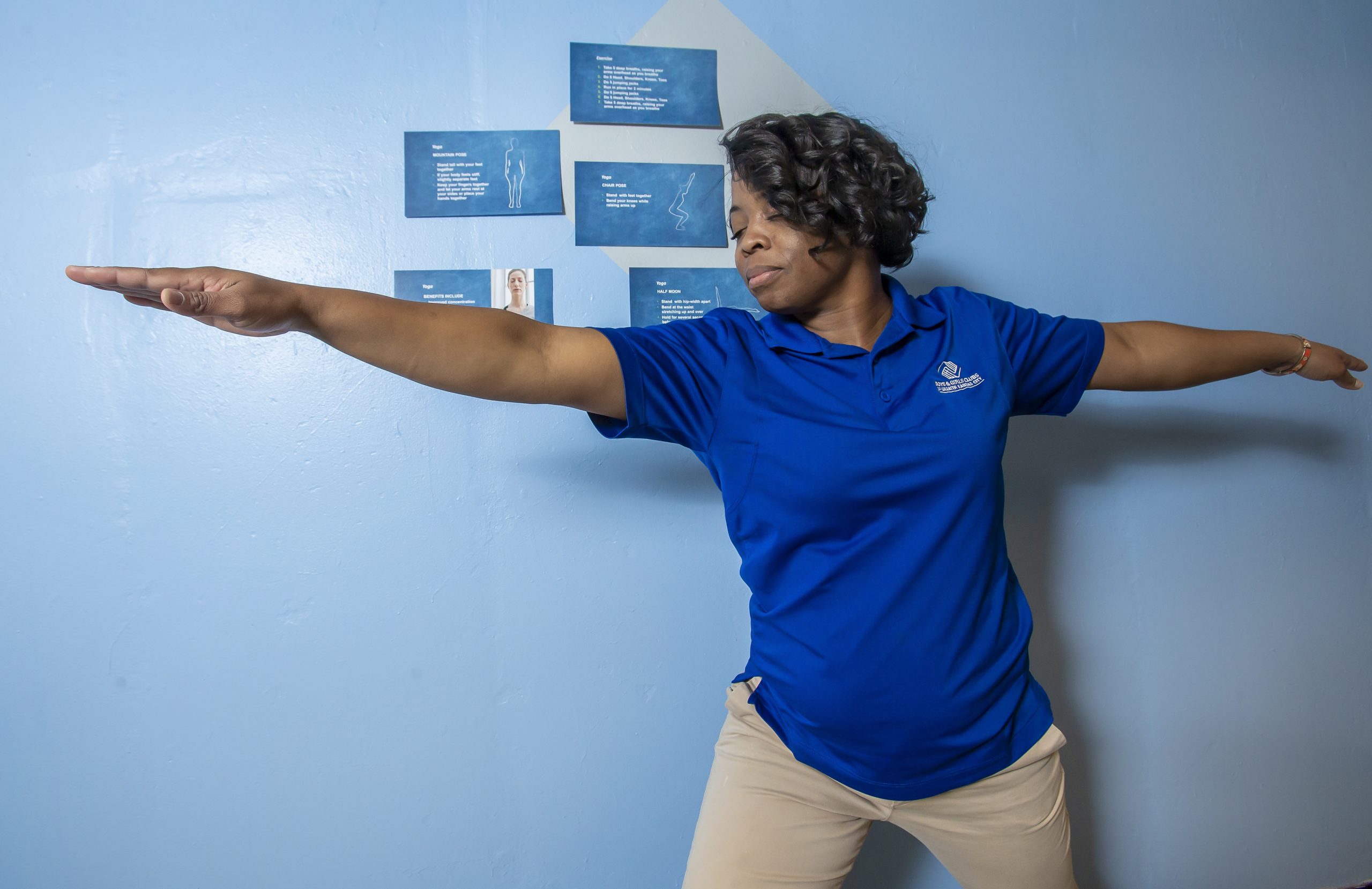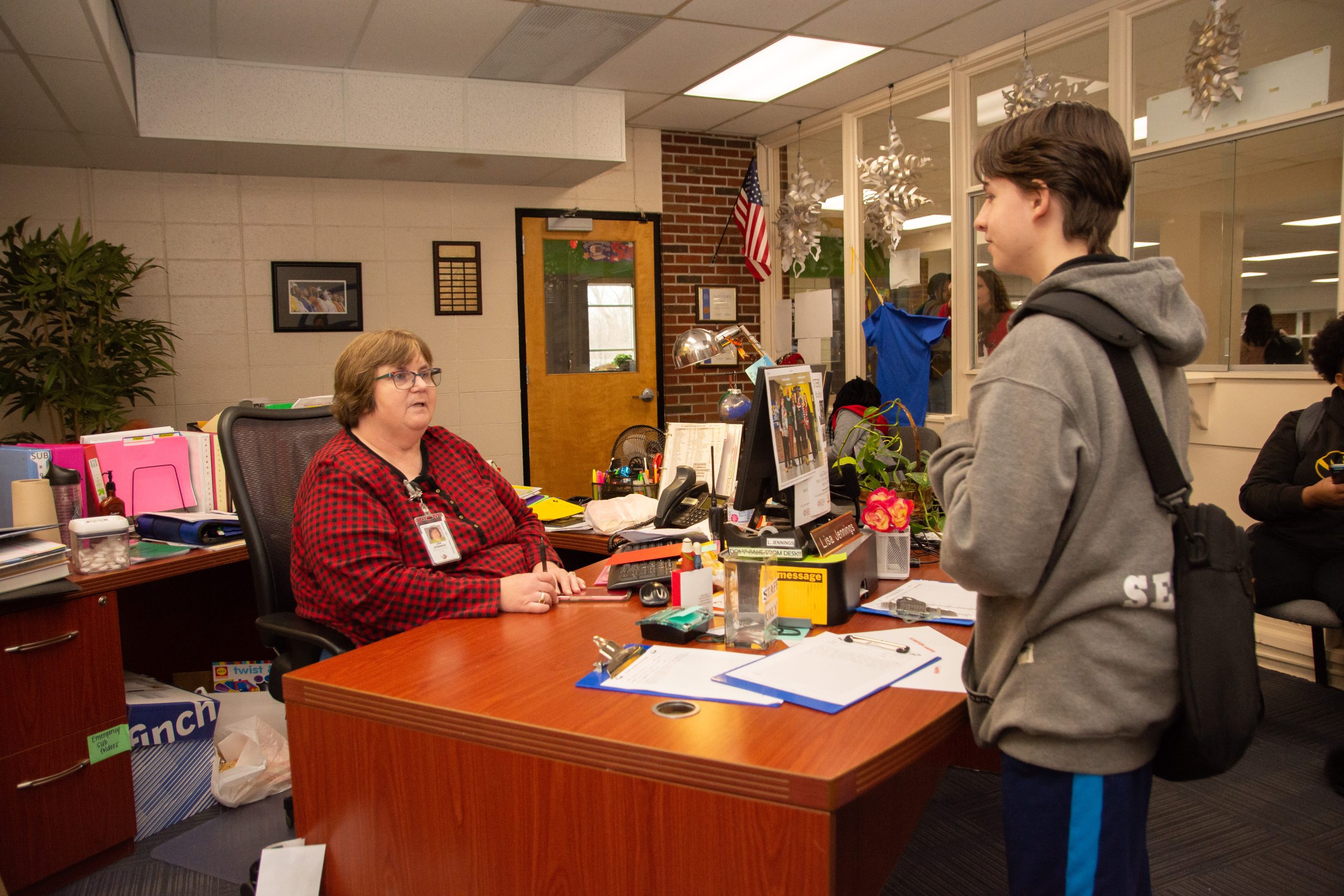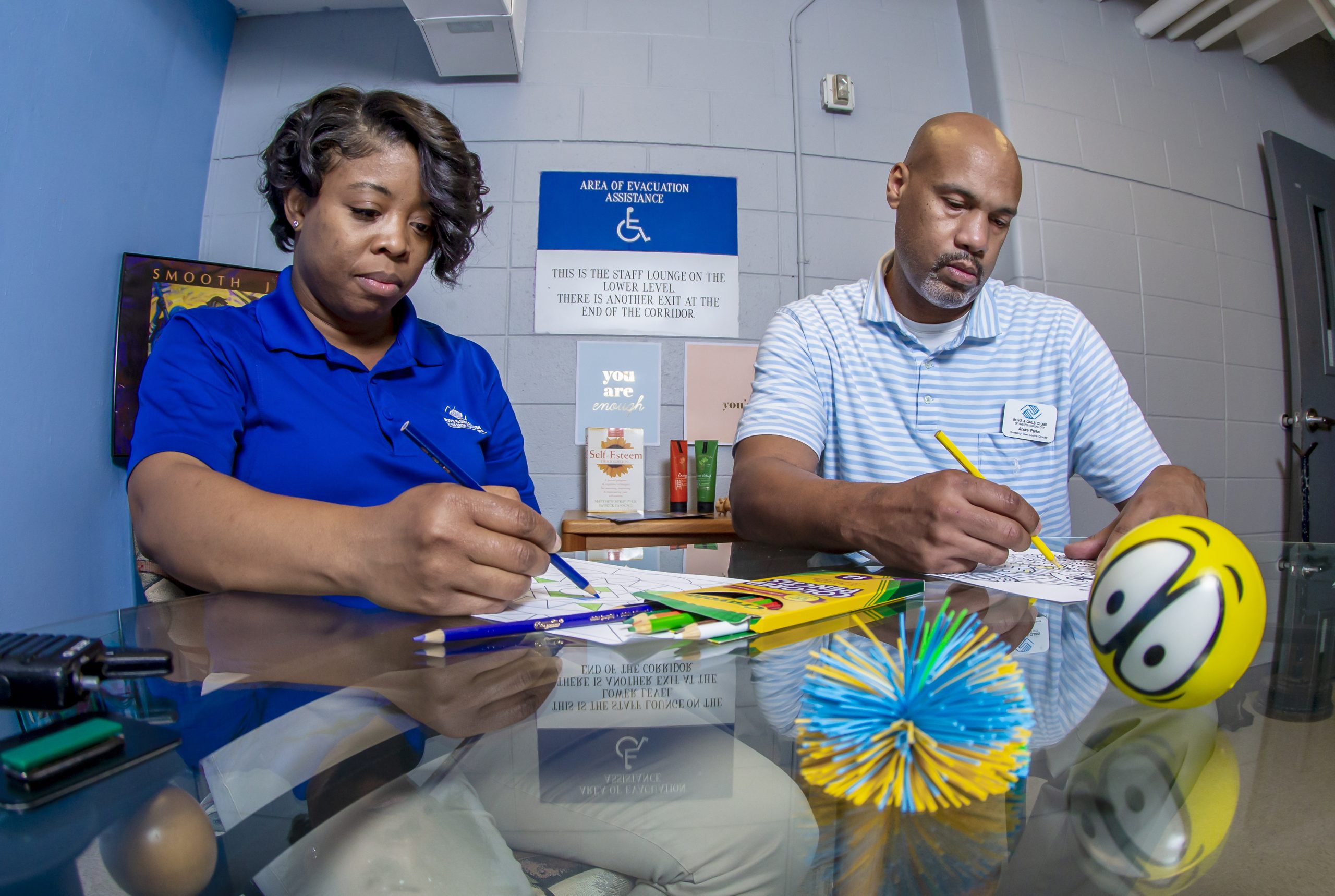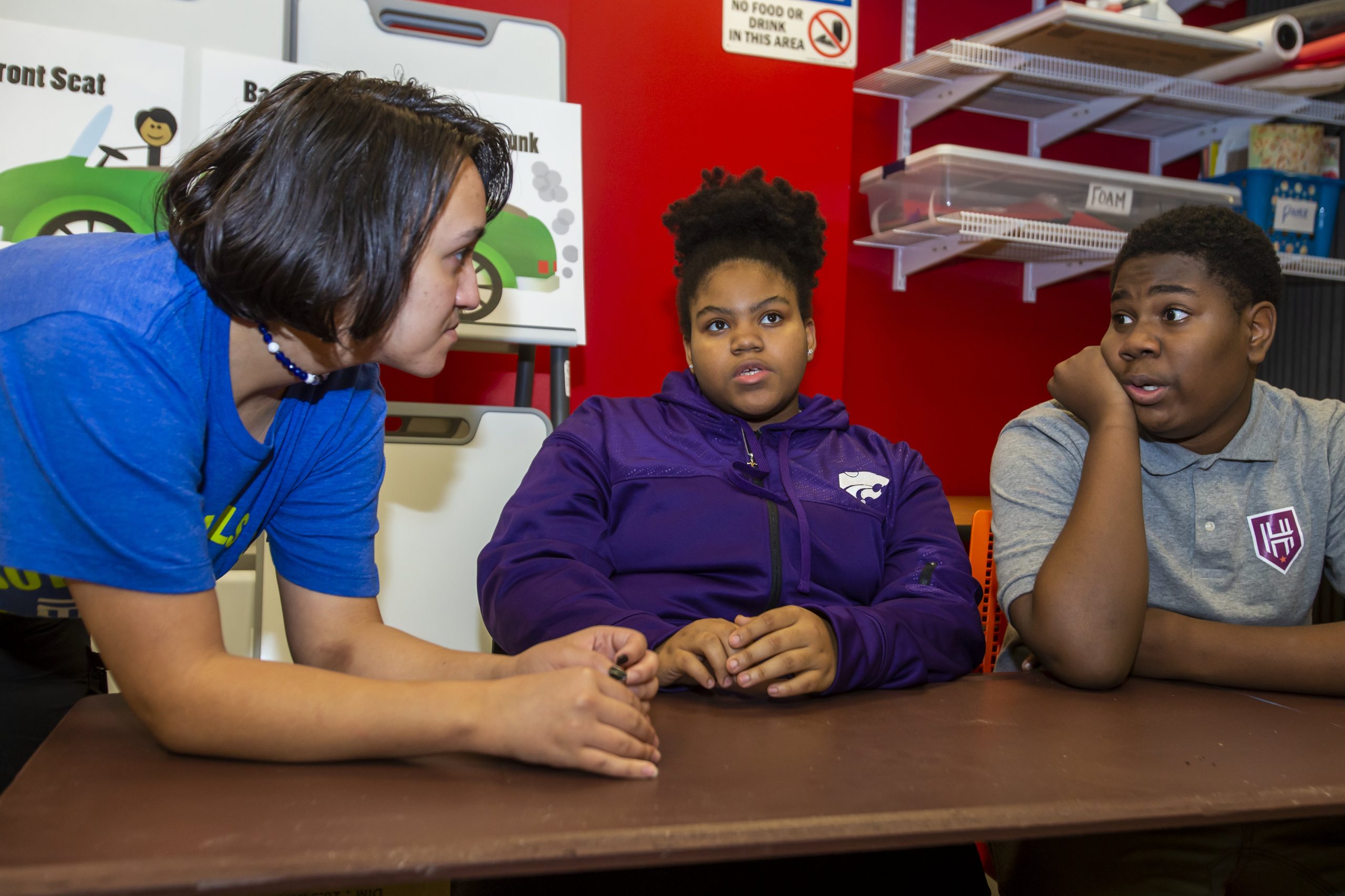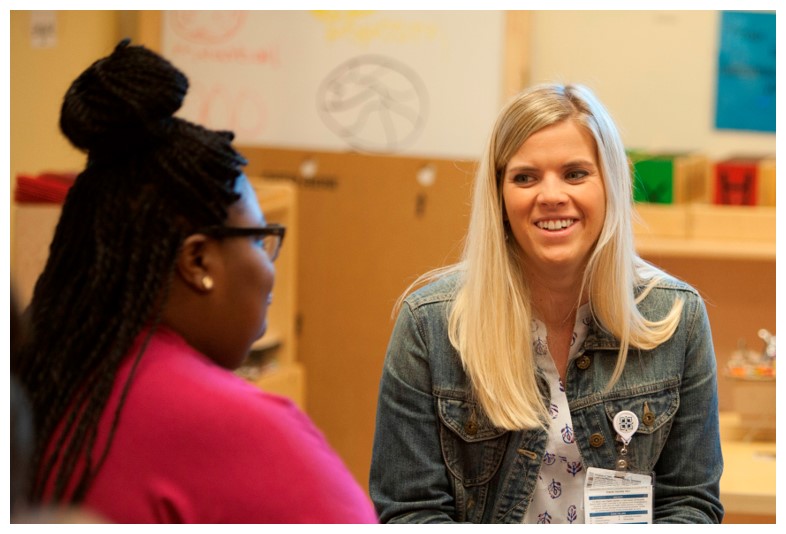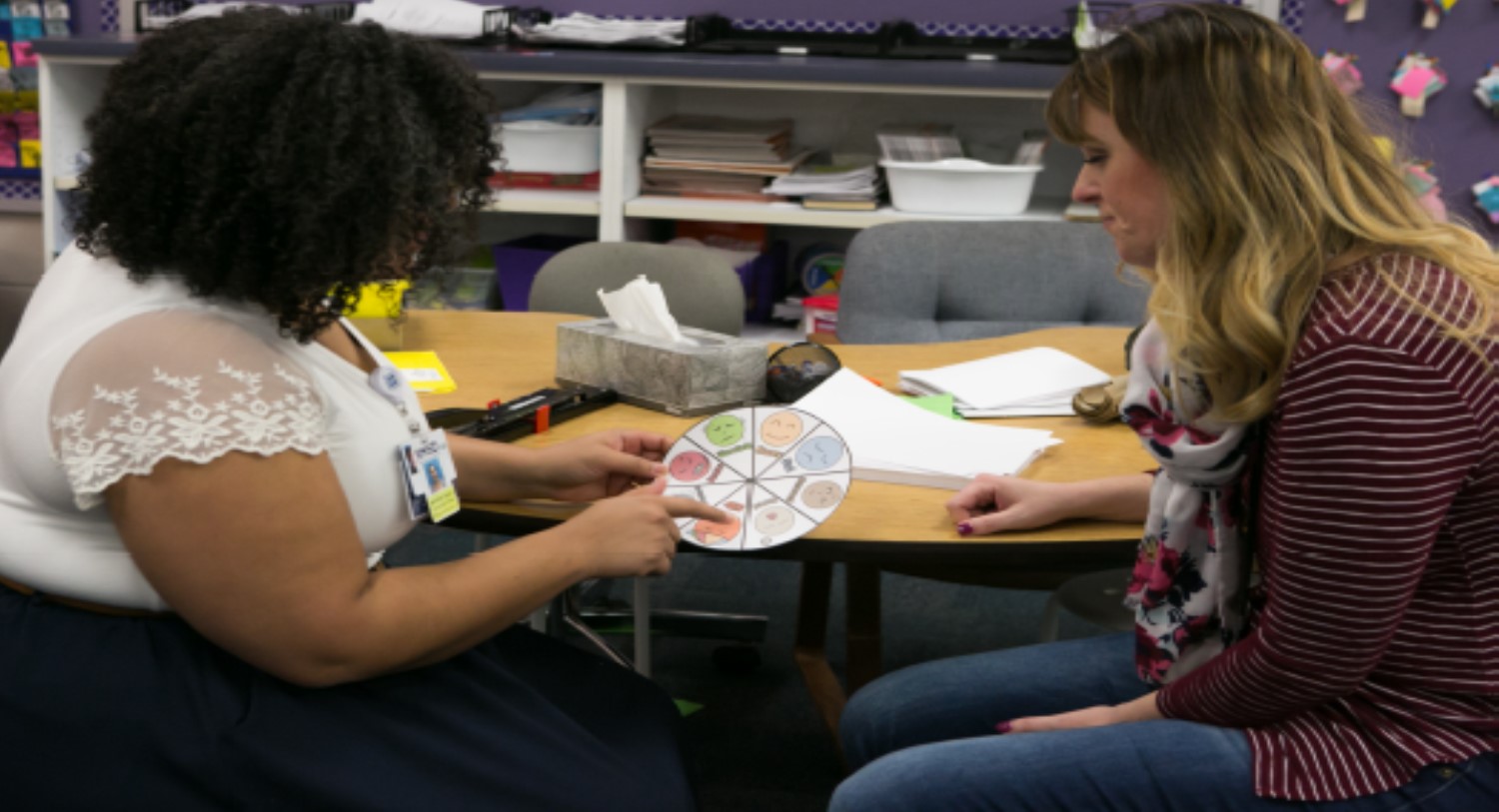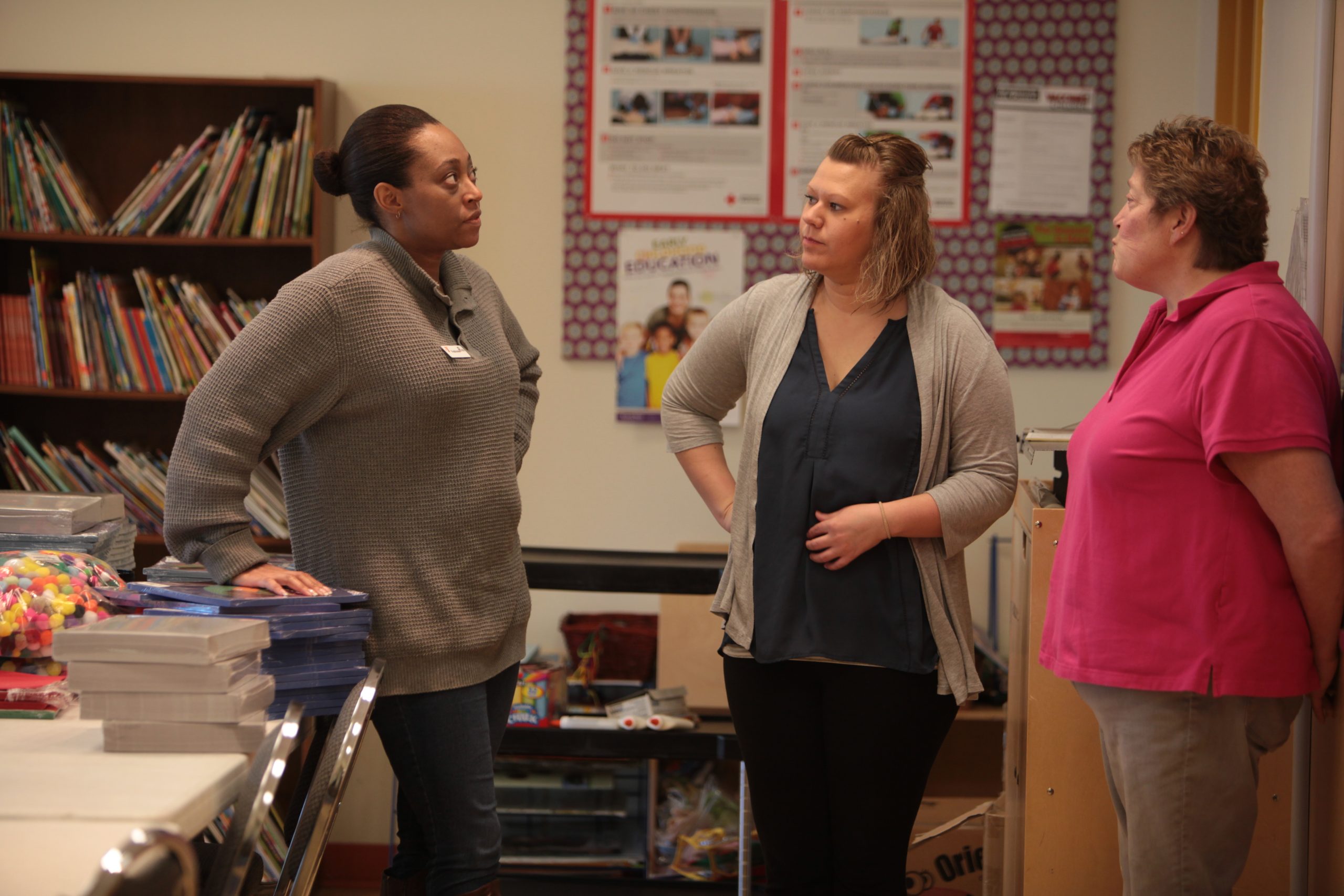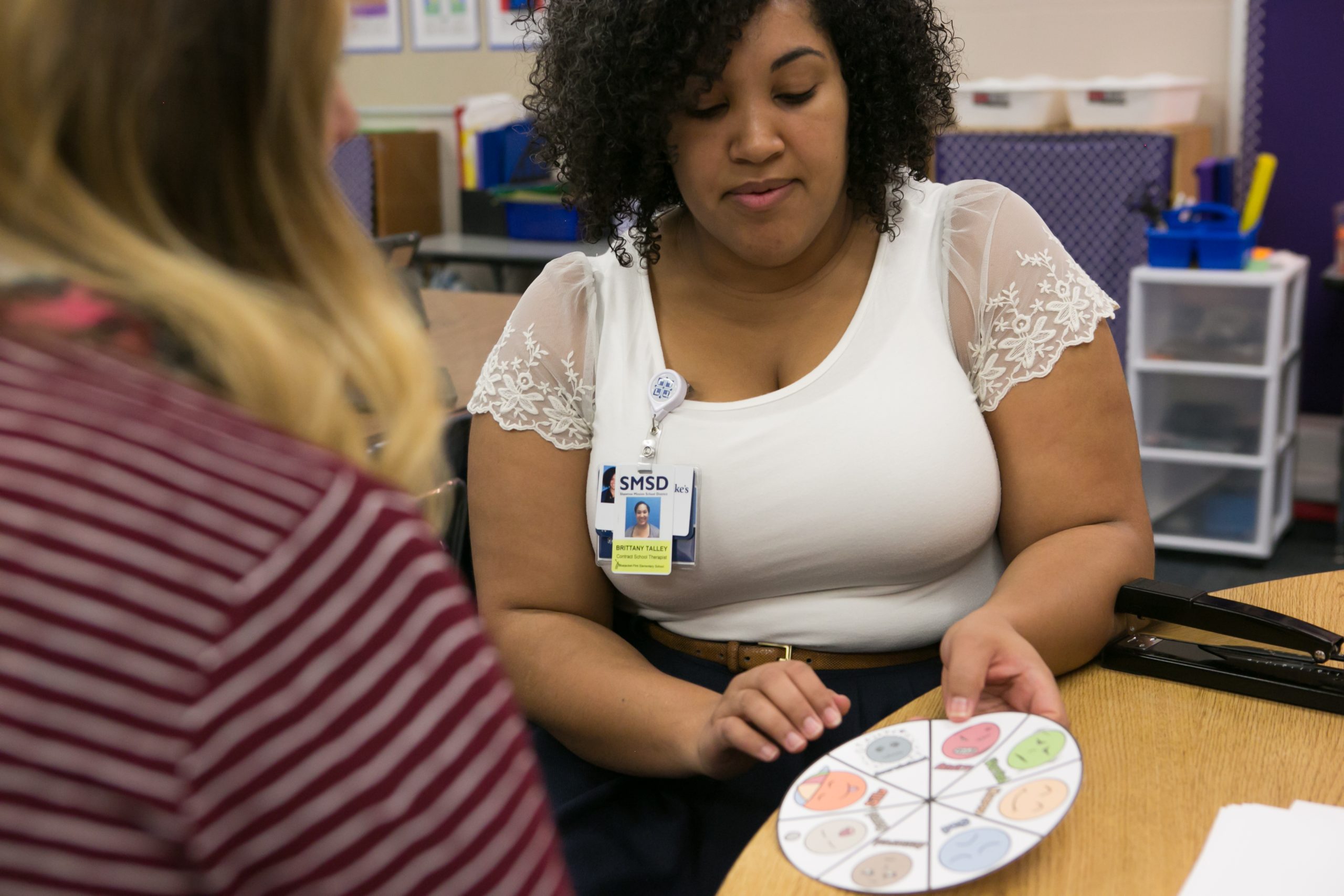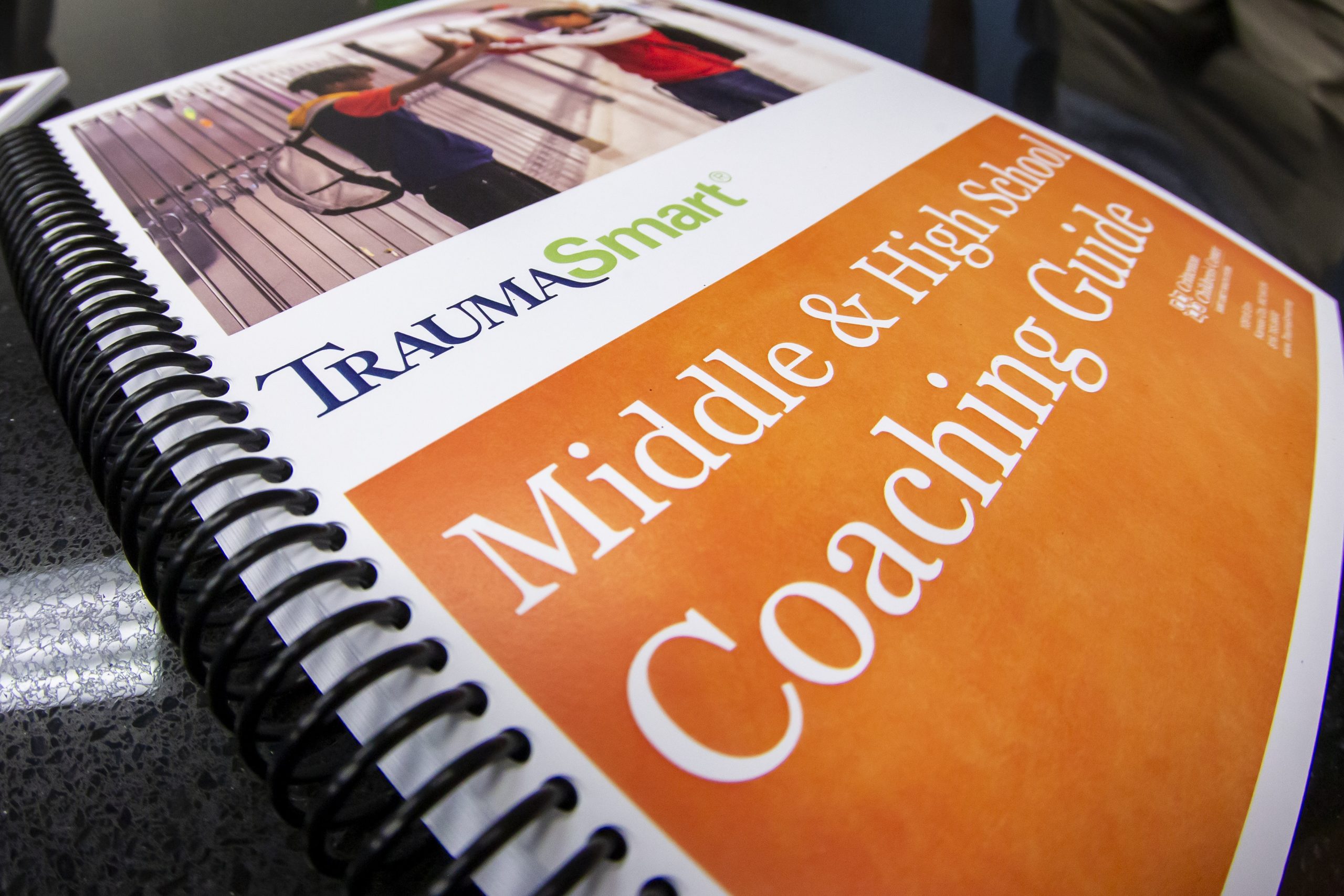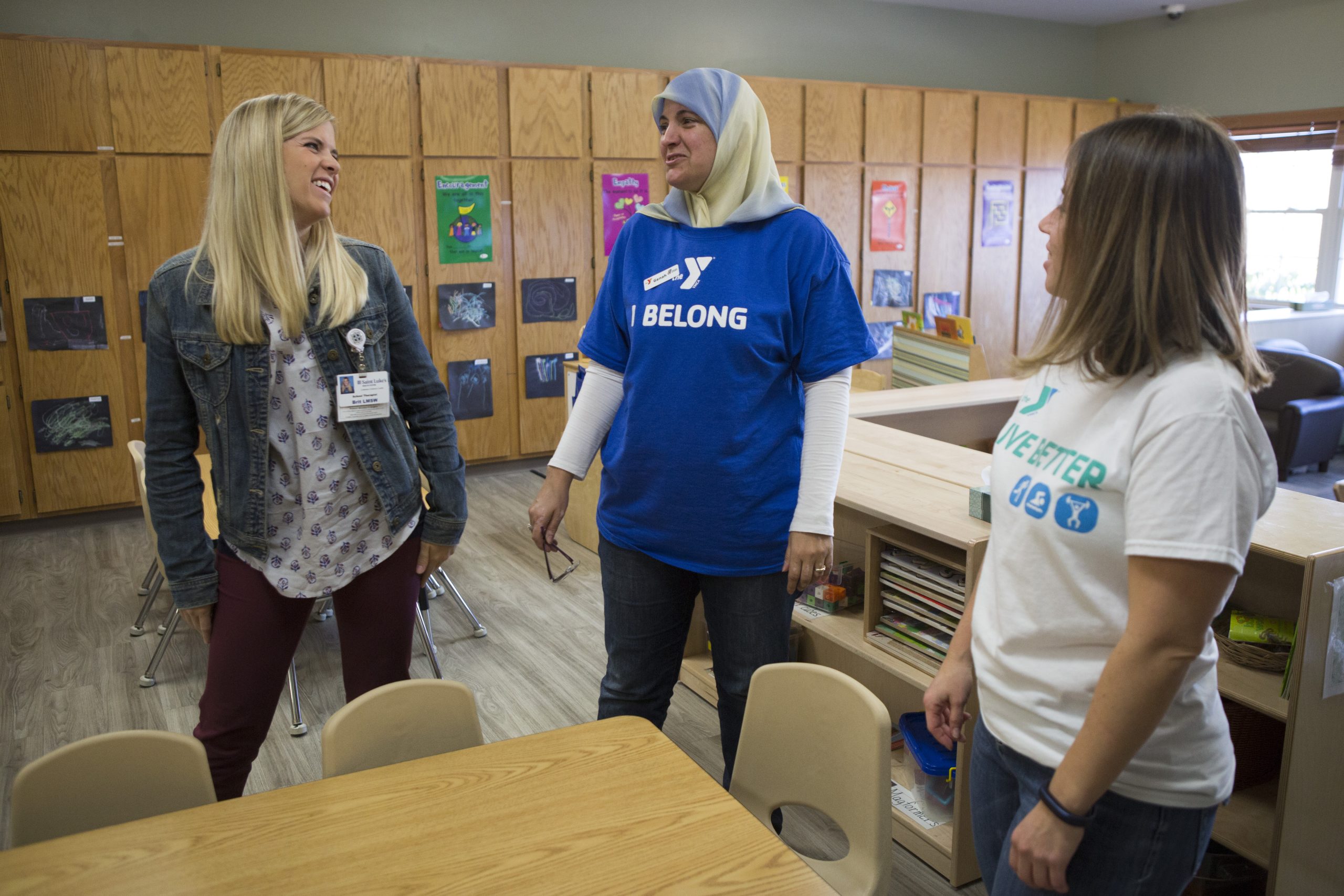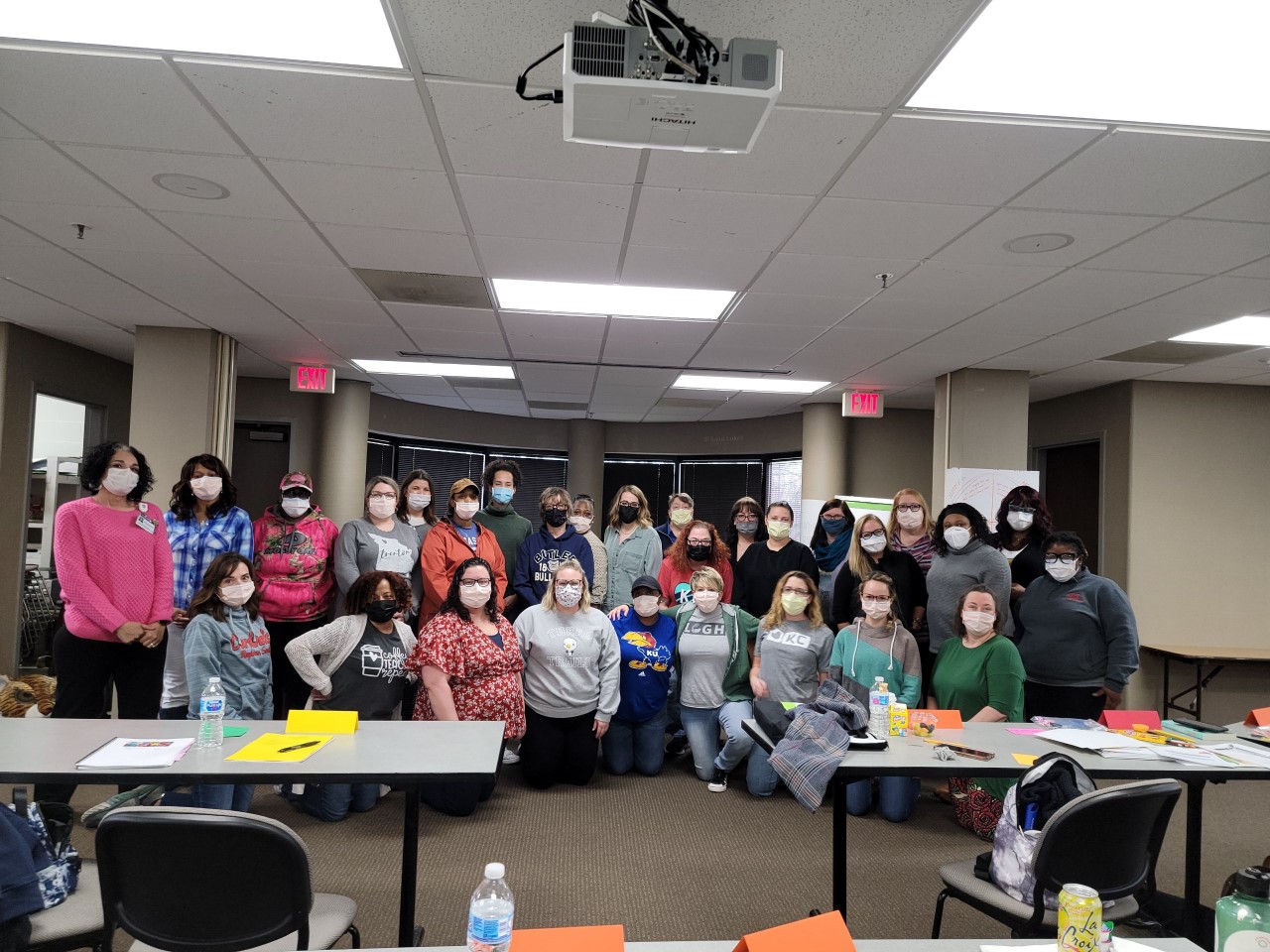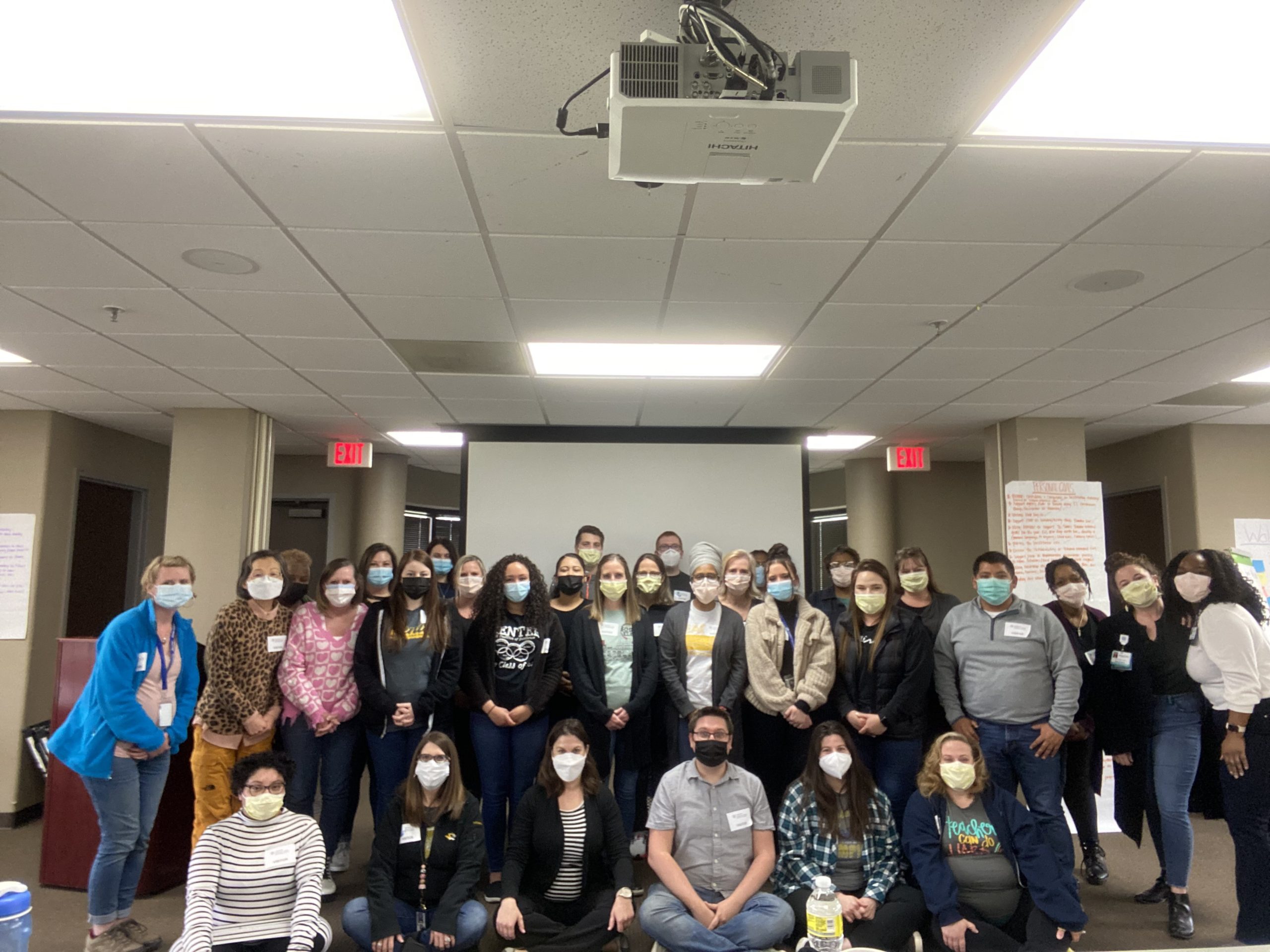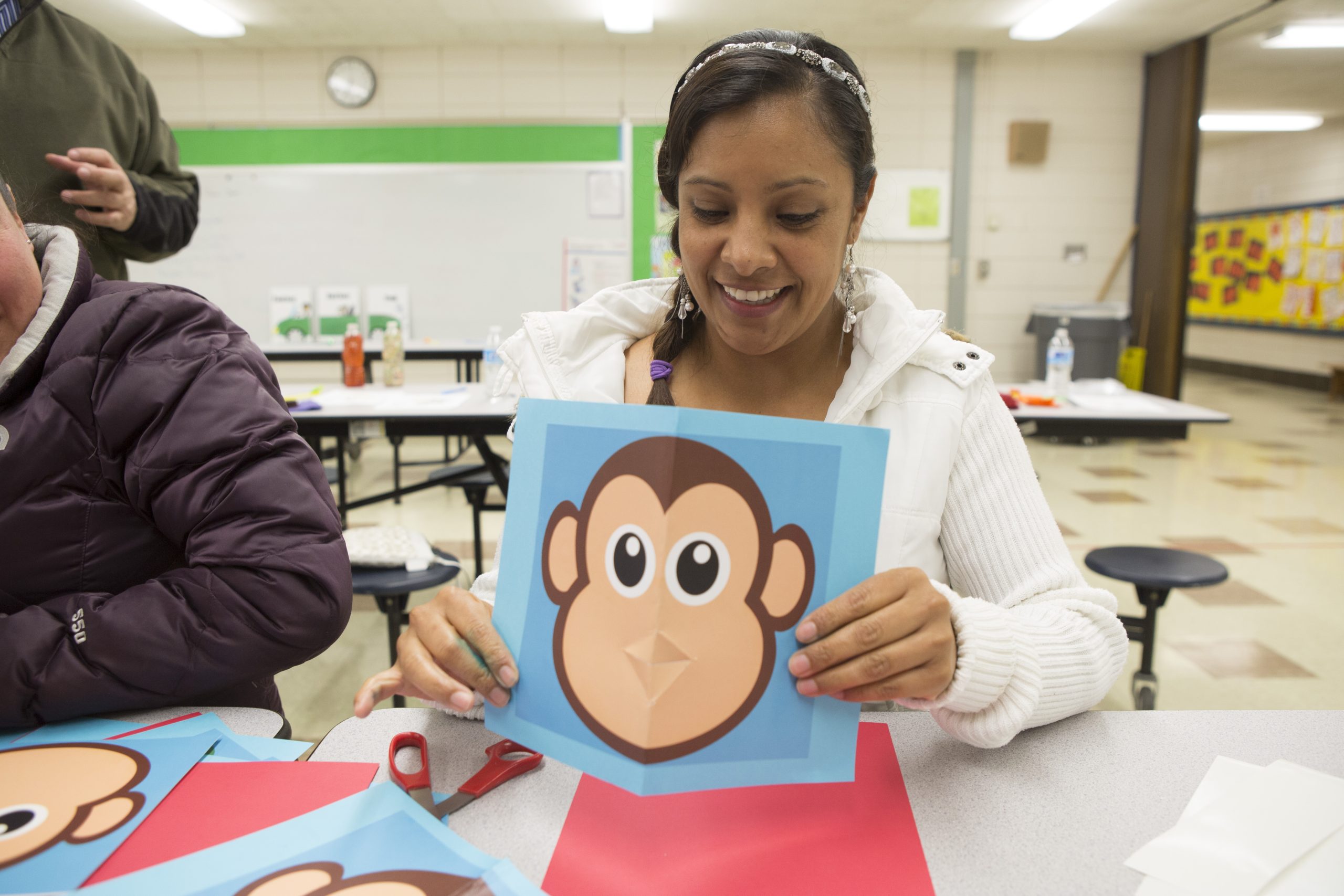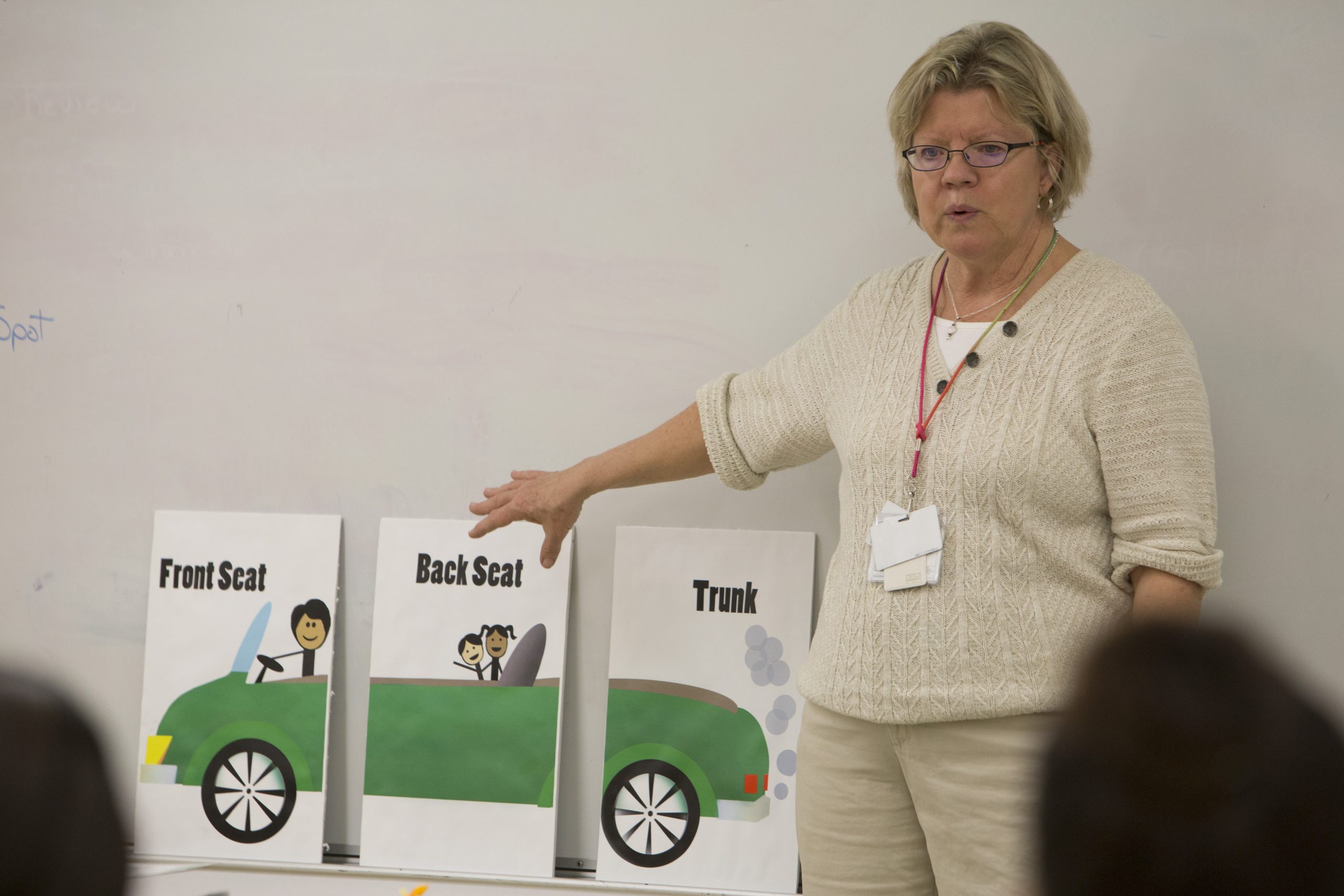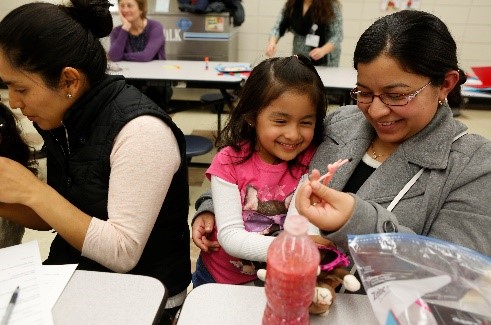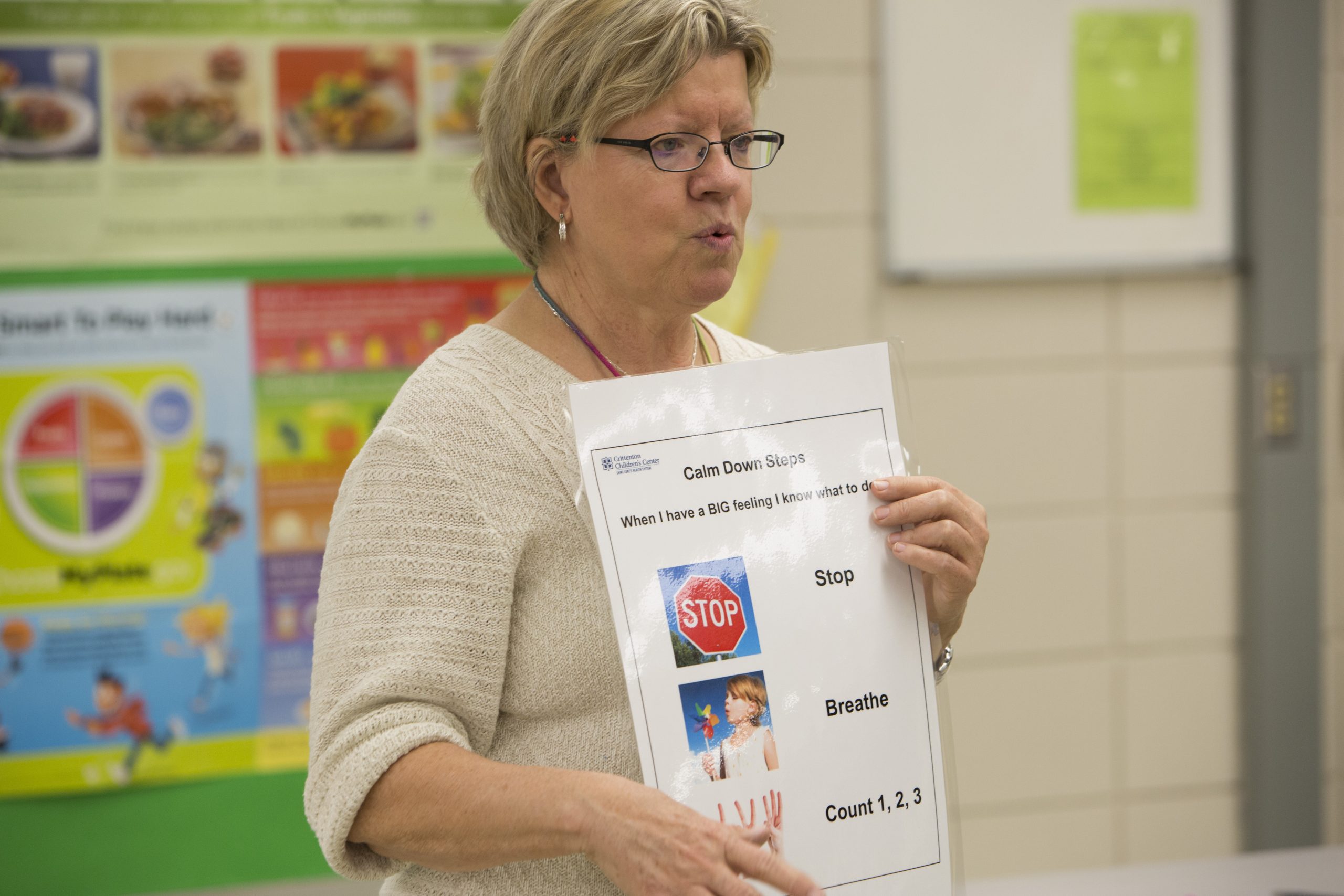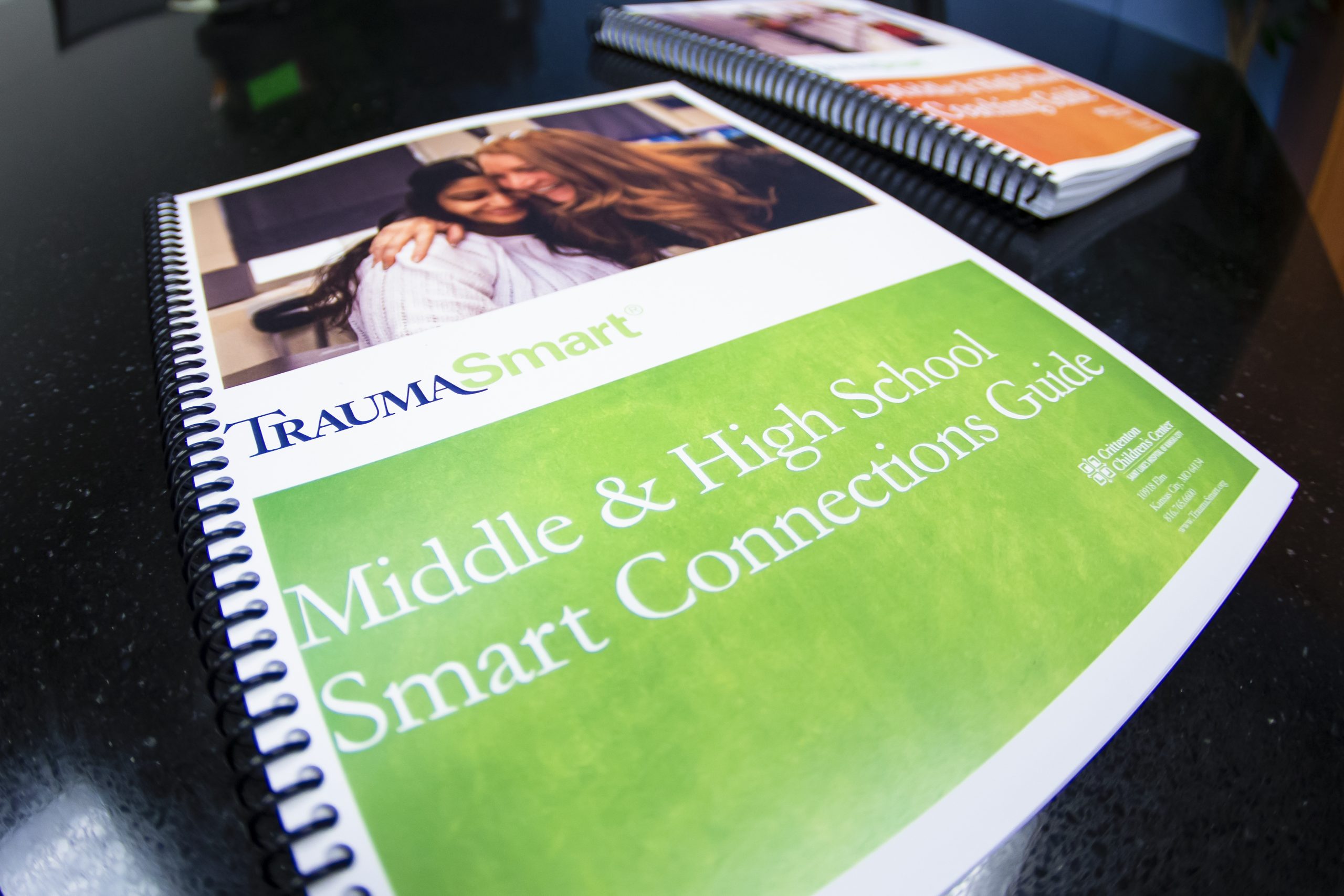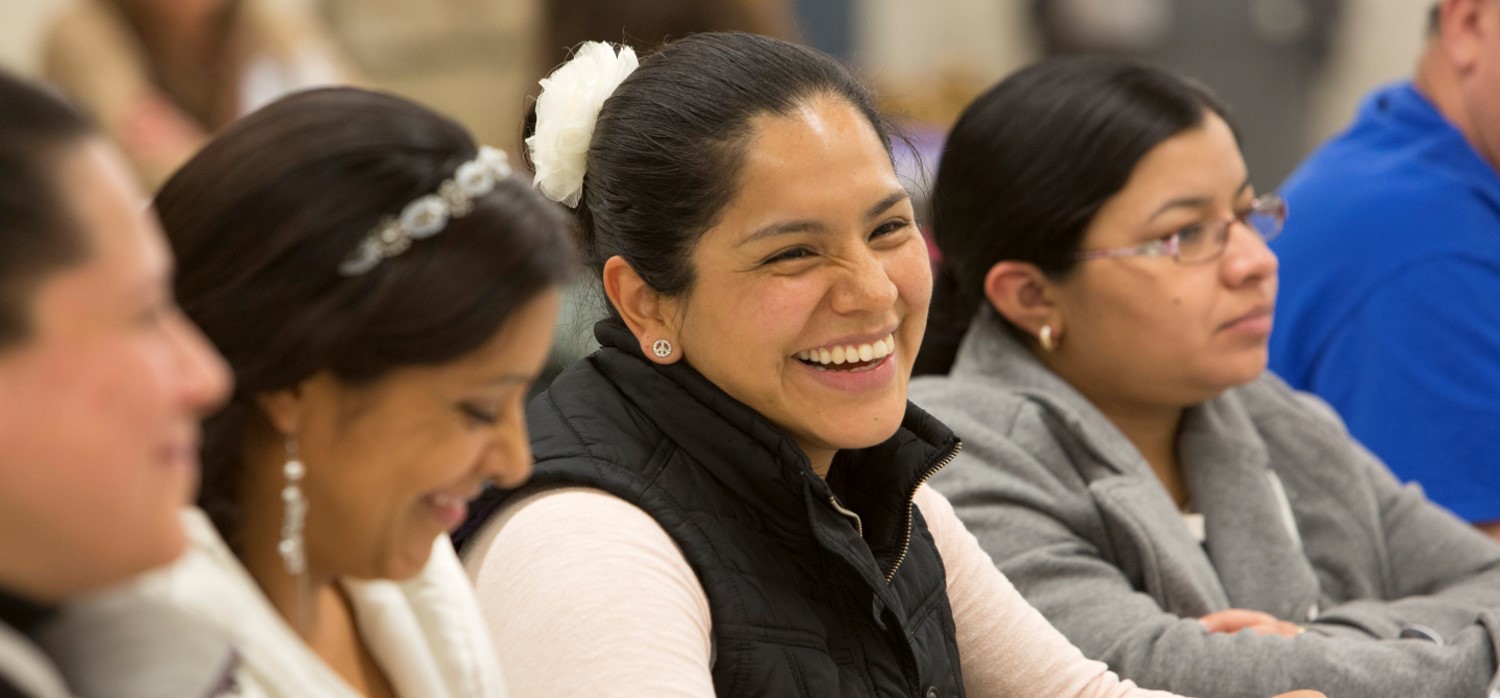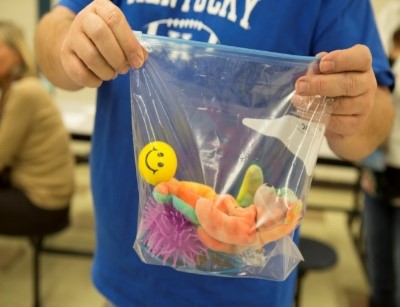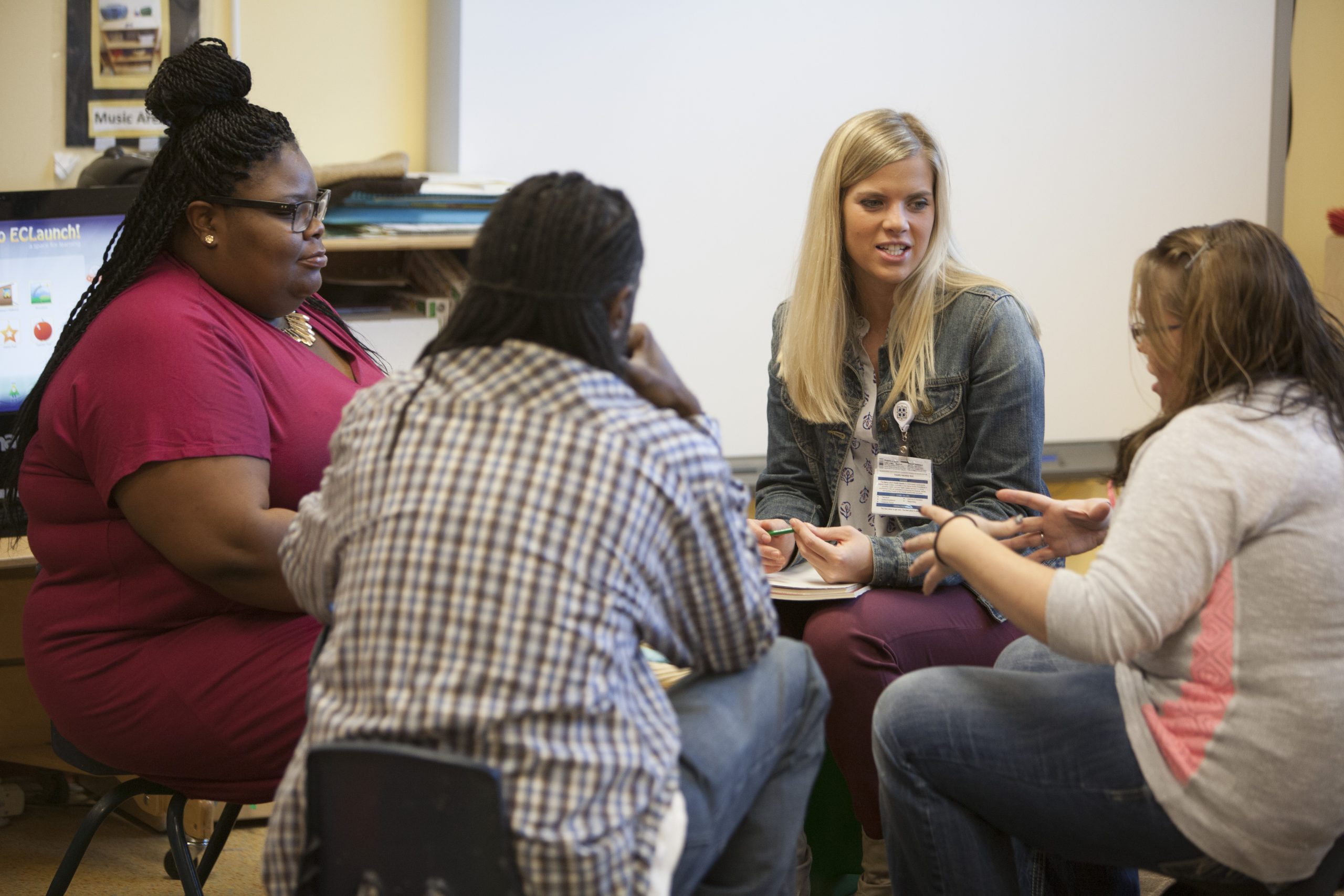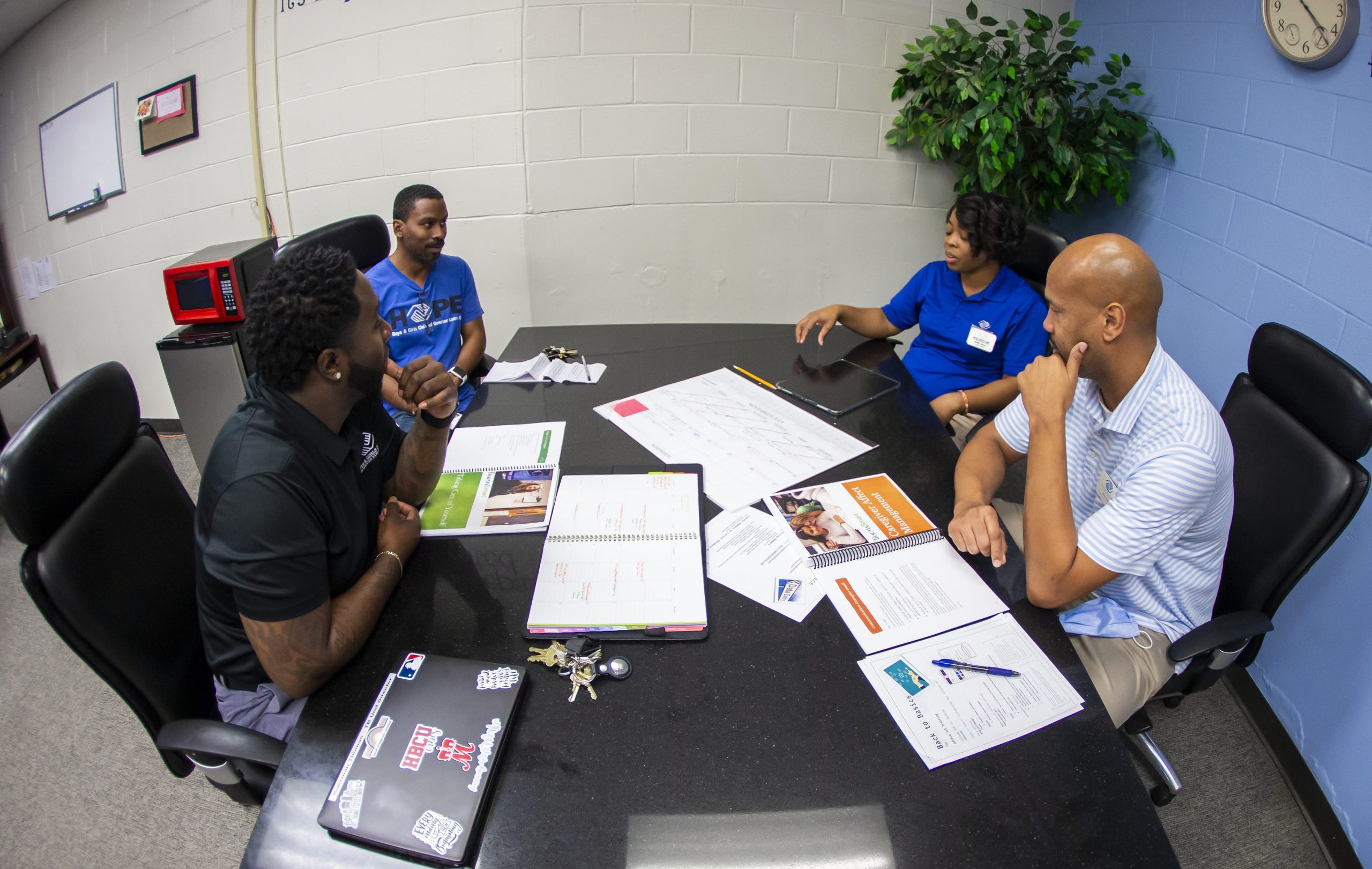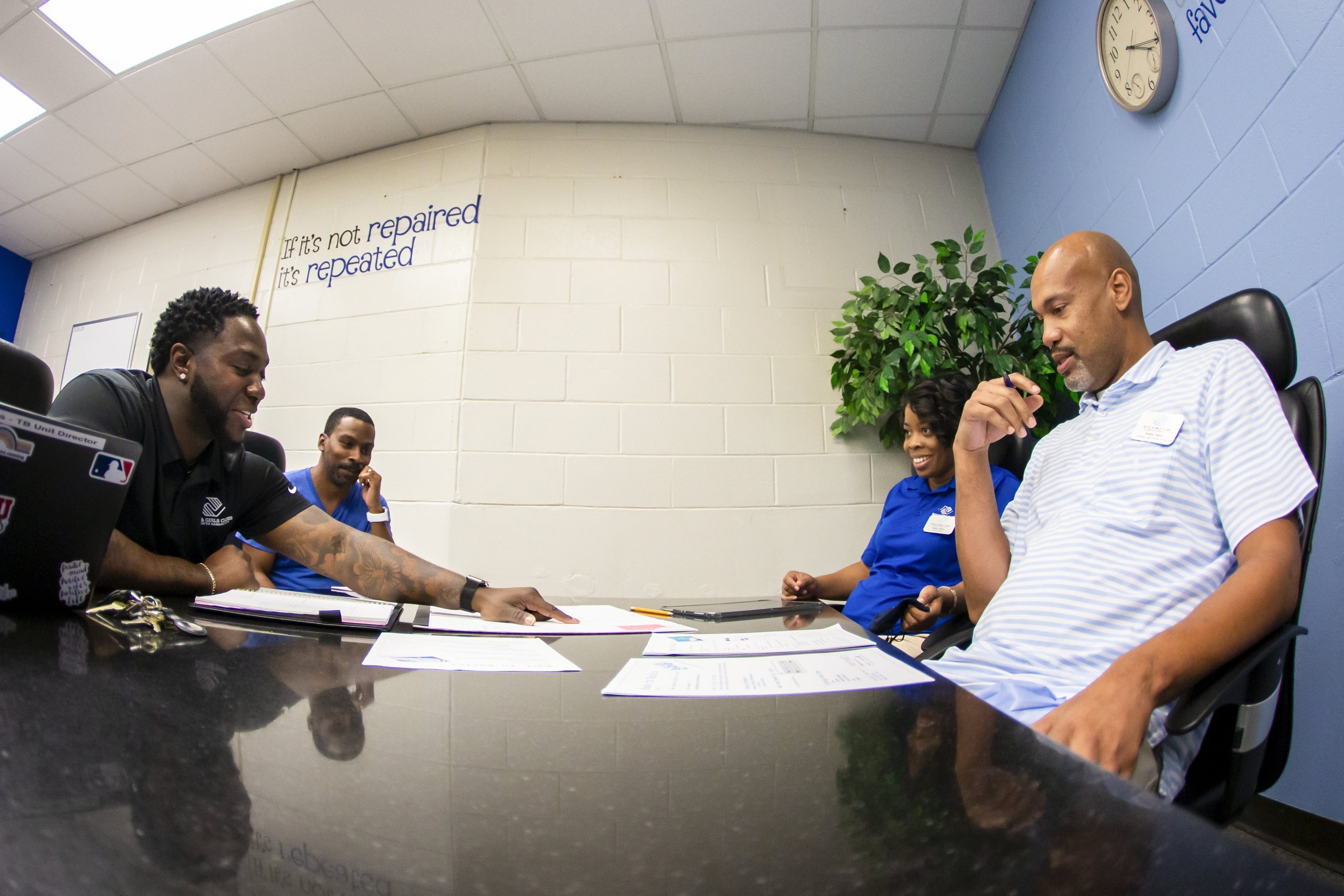
Our Model
When one child experiences trauma, it impacts the entire community. The good news is the community can have a positive impact on that one child.
Each component of our approach works together to create sustaining change within organizations. Click on the section of the model that you are interested in learning more about.
Every agency/school is provided with a consultant that will guide them on their trauma-informed journey. The consultant helps the agency/school develop their Trauma-Informed Care Team.
The goal of Trauma Smart consultation is to support the agency/school as they learn about the model and begin making the philosophical shift towards becoming trauma-informed. The consultant ensures that the implementation of this prevention-focused model is sustainable after the consultation ends.
Each agency that Trauma Smart serves receives training for all staff members which builds on the Attachment, Self-Regulation, and Competency (ARC) framework, an evidence-based model that is effective in helping children and the adults who care for them address the negative impact of trauma. To learn more about our training model, please follow this link.
Designated staff members also attend a learning academy to learn how to train new staff members in sustaining years.
The therapeutic resources component is the intervention beyond Trauma Smart’s prevention-based strategies. It is designed to meet the needs of children, their families, and agency staff who would benefit from more intensive, specialized services by connecting them with a variety of local mental health resources.
We ask that each organization have someone with whom they partner to obtain therapy services when needed.
We also encourage that you inform and invite providers to participate in your Trauma Smart journey!
Coaching is the component of Trauma Smart that is designed to move the concepts learned in the training from theory to practice. Trauma Smart coaching helps provide motivation and assistance to staff members as their agency works toward becoming trauma-informed.
Dedicated members of your staff will attend Academies to learn how to provide coaching for your agency/school. Coaches support staff in implementing staff training into their roles.
Each of the model components serve a unique role that’s important to the overall success of the model. To ensure continued implementation over time, your agency/school will identify staff members to attend the Coaching & Smart Connections Academy and the Facilitator’s Academy. During each Academy, participants work closely with Trauma Smart Consultants to begin the development of feasible sustaining plans. These sustaining services allow your agency/school to continue to coach staff, facilitate Smart Connections workshops, and facilitate new hire trainings for years to come.
Our caregiver education component provides the same information that staff learn in training but with a focus on implementing skills within the home.
We know that children spend most of their waking hours in school or with a caregiver. We want caregivers to have access to the same information that staff have so that we can create a common language in the life of the child, and caregivers have the tools they need to work through the impact of trauma and build resilience.
This team includes staff who are passionate about supporting efforts to become trauma-informed and are willing to commit to modeling trauma-informed work for their peers. These Trauma-Informed Care (TIC) Team members identify needs, barriers, and goals to increase opportunities for a successful implementation of the Trauma Smart Model. The TIC Team may include representatives from a variety of roles such as leadership, supervisors, and direct service staff.
